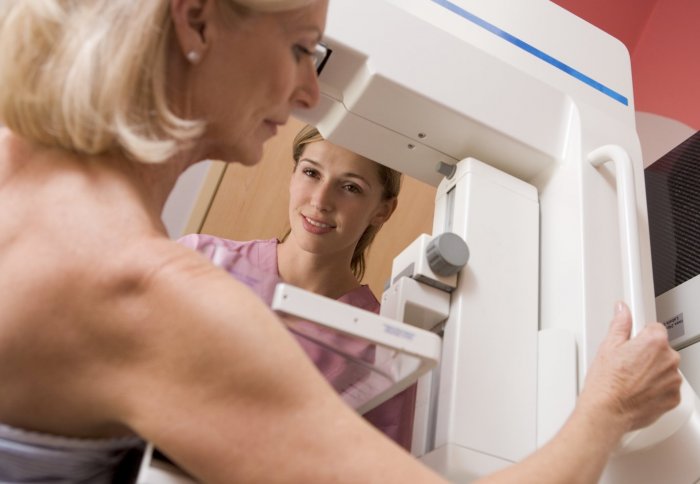Clinical trial to test new drug for advanced breast cancer
by Sam Wong

Researchers have begun a trial of a new drug that could help women with advanced breast cancer for whom current treatments are not effective.
Around 70 per cent of breast cancers are sensitive to drugs called aromatase inhibitors, such as anastrozole and exemestane, that reduce the amount of oestrogen in the body, but in many patients, these treatments eventually cease to be effective and the cancer returns.
Irosustat, the drug being tested in the new trial, is designed to block a second mechanism by which oestrogen is produced, which is not targeted by current treatments. It will be given as a daily tablet, alongside aromatase inhibitors - the standard hormone treatment. The trial will investigate whether blocking both pathways could further reduce oestrogen in patients and lead to tumours shrinking.
The trial will involve 27 post-menopausal women with oestrogen receptor (ER) positive breast cancer that has returned or spread, at nine hospitals in the UK. The trial is being coordinated by the Imperial Clinical Trials Unit at Imperial College London and funded by Cancer Research UK.
Chief investigator Professor Carlo Palmieri, of the University of Liverpool, Imperial College London and Imperial College Healthcare NHS Trust, said: “I’m delighted that this trial to treat advanced breast cancer has opened. It’s wonderful when as a doctor I’m able to tell a patient that we can successfully treat their breast cancer with the drugs that are available. But in some cases, patients will stop responding to certain drugs and there are few options for them once the disease has spread.
“We urgently need to look for new ways to manage advanced disease. We hope the results of this trial will show that this new drug can be used to boost the effect of current treatments and increase survival from breast cancer.”
Breast cancer is the most common cancer in the UK. Almost 45,700 women are diagnosed with the disease each year, of which around 30,000 women have ER positive breast cancers.
Irosustat was conceived and developed by Professor Mike Reed and Dr Atul Purohit at Imperial in conjunction with chemists at Bath University.
Dr Simon Newman, an oncology drug development consultant, said: “Professor Mike Reed’s early research paved the way for the development of aromatase inhibitors, now one of the most commonly used class of drugs for breast cancer. Professor Reed and Dr Atul Purohit went on to develop irosustat, and they’ve taken this promising drug from the bench to bedside. Sadly, Professor Mike Reed passed away in 2009 but hopefully the research he inspired will go on to save the lives of women with breast cancer.”
For more information about trial recruitment, please email iris-trial@imperial.ac.uk
Article supporters
Article text (excluding photos or graphics) © Imperial College London.
Photos and graphics subject to third party copyright used with permission or © Imperial College London.
Reporter
Sam Wong
School of Professional Development